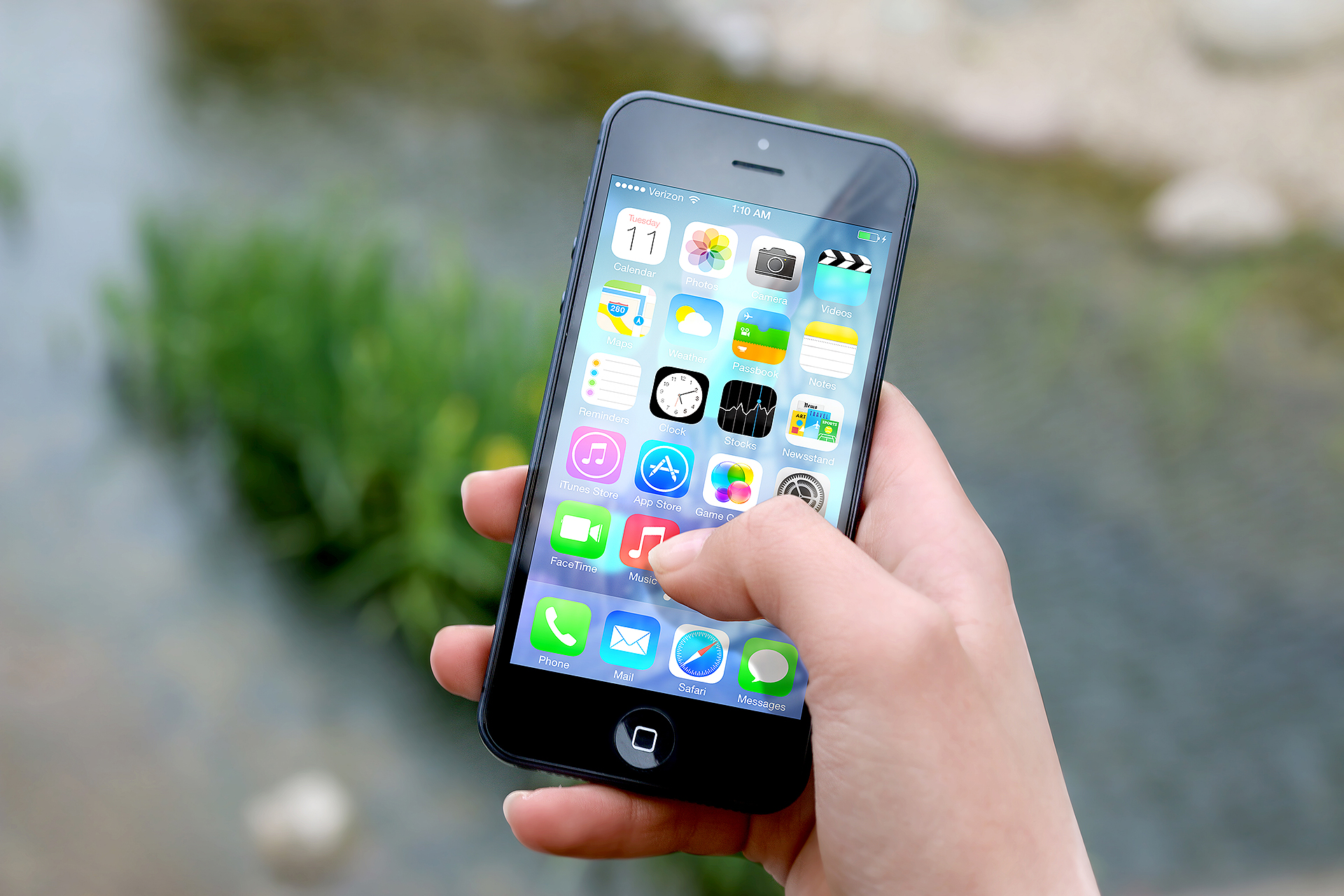
The onslaught of coronavirus news has a lot of people on edge—especially about the things we touch.


The onslaught of coronavirus news has a lot of people on edge—especially about the things we touch.
For most of us, it’s easy enough to heed advice to avoid gripping stairwell railings. But what about the phones we handle all day? Yes, your phone is covered in everyday germs (a “portable petri dish,” as one professor recently put it). This sort of concern has caused some media outlets to advise people to clean their phones to slow the coronavirus’s spread.
The CDC now recommends that you clean and disinfect “frequently touched surfaces” daily, including phones, desks, and keyboards. But unless your stuff may have come in contact with a droplet of mucus or saliva from a potentially infected person, we don’t think you need to worry about cleaning your personal gear multiple times a day. “Unless you hand your phone to someone else, that’s probably the least likely thing to get contaminated by someone else,” said Dr. Sankar Swaminathan, chief of the Infectious Diseases Division at the University of Utah School of Medicine. “The surfaces you need to be concerned about are surfaces that are touched by other people.”
Experts don’t yet know how long the virus that causes COVID-19 can survive on surfaces. While an analysis of 22 studies found that other coronaviruses are able to live on metal, glass, or plastic for anywhere from a few hours to an outside estimate of nine days, there’s no reason to believe that you’ll contract the new virus by transferring it to your own headphones. “Remember, there is no real evidence that transmission is occurring outside of the realm of person [to] person,” said Dr. Robert Murphy, executive director of the Institute for Global Health at Northwestern University’s Feinberg School of Medicine.
More important than sanitizing your own possessions all day long is being careful when interacting with objects touched regularly by other humans in quick succession. “An ATM machine has almost certainly been touched continuously by hundreds of people. The PIN pad at your grocery store is being touched by hundreds of people,” said Swaminathan. If you touch one of those things, use hand sanitizer, or wash your hands as soon as you can. (If you are still using cash, it might be a good time to get used to contactless payment methods.)
Because the virus enters the body through the eyes, nose, and mouth, the Centers for Disease Control and Prevention recommends frequent and thorough handwashing as the best protection against infection. Murphy said to focus on that rather than scrutinizing your personal effects. “The virus is unstable outside of the human or animal body,” he added.
You probably shouldn’t use a dripping antibacterial sheet to wipe everything down. Not all of your gadgets can handle moisture, abrasives, or solvents, and your warranty may be voided if you use a prohibited cleaner on a device.
Here are some basic instructions for disinfecting your gear without damaging it.

Comments are closed.